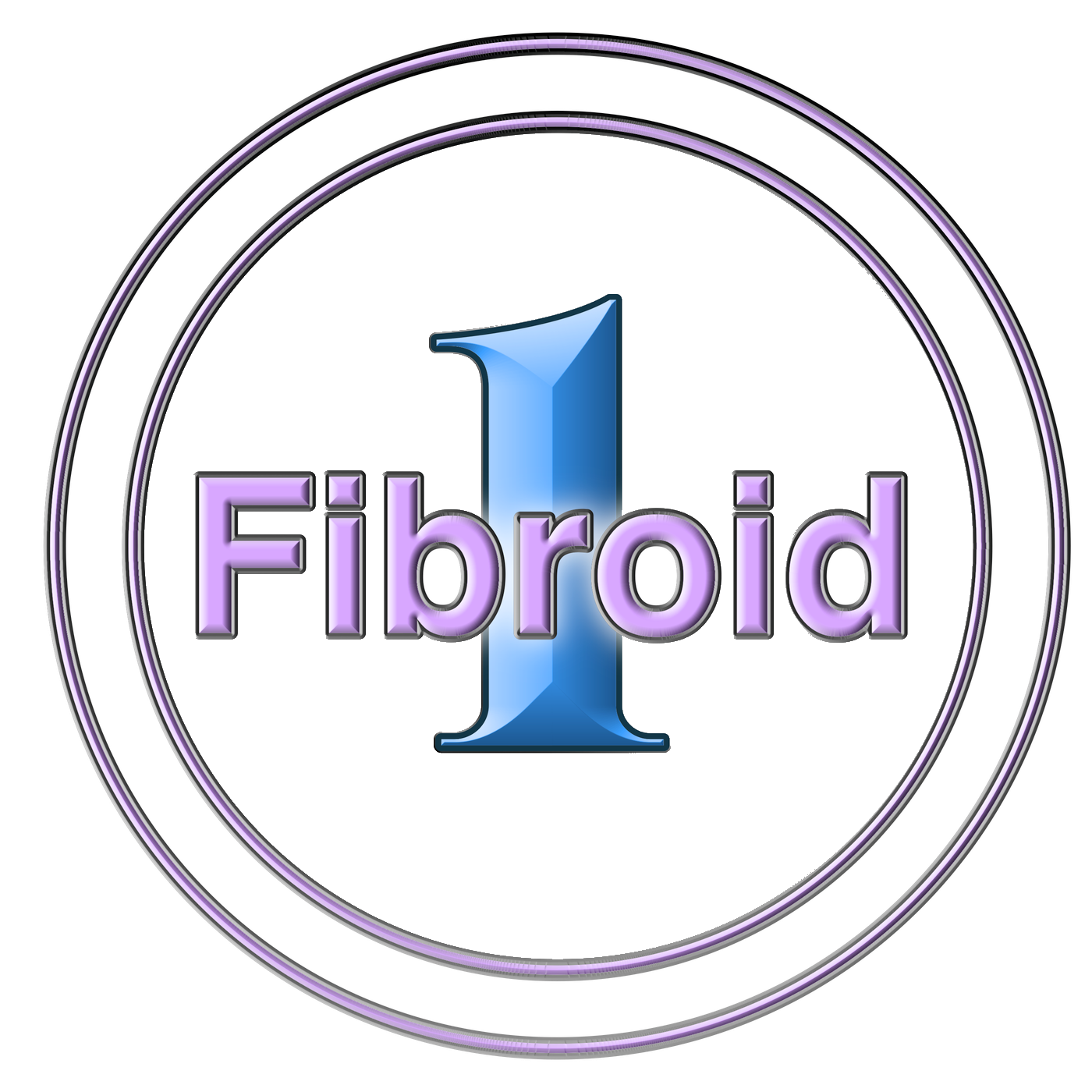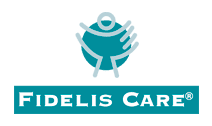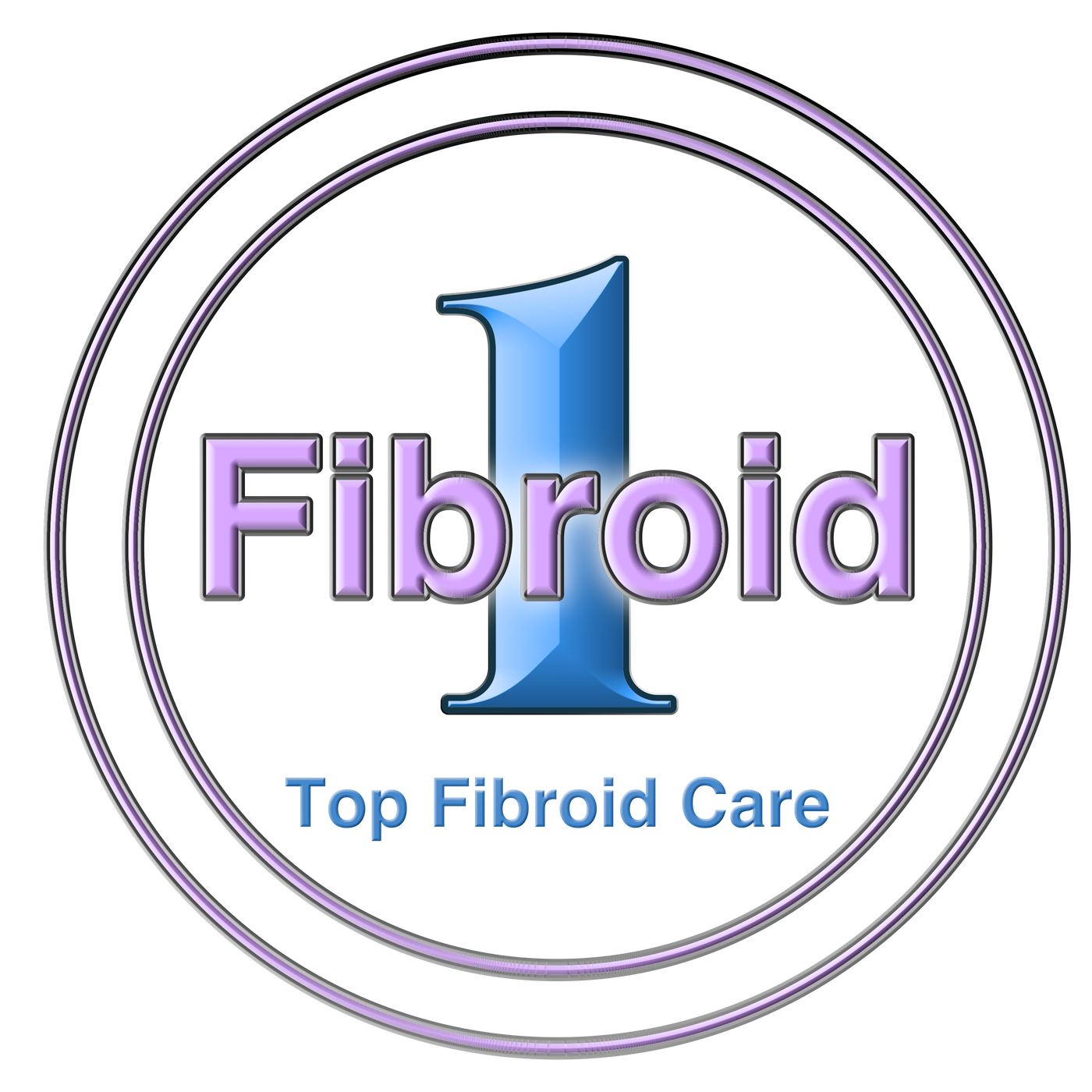If you experience fibroid symptoms such as heavy periods, cramping, and frequent urination, you have various treatment options available. Most treatments fall under the two categories of surgical or non-surgical procedures. Although one of the best-known procedures is a hysterectomy, this surgical procedure requires the uterus to be completely removed. Due to the nature of the process, this technique can have serious and permanent health consequences such as early menopause and infertility. On the other hand, a non-surgical fibroid treatment called uterine fibroid embolization (UFE) leaves your uterus intact and preserves your fertility. Read on to learn about uterine fibroids, uterine fibroid embolization (UFE), and early menopause.
Treating Fibroids Surgically
Hysterectomy can permanently eliminate fibroids. However, that doesn’t mean you should schedule surgery right away. You may wish to avoid a hysterectomy because it may involve the following:
- One to two-hour surgery
- General anesthesia
- Risks of surgery, such as excessive bleeding, infection, side effects of general anesthesia, and blood clots
- Hospital stay for one to five days
- Severe pain that needs to be treated with prescription pain medication
- A long recovery of six to eight weeks
- Removal of uterus
- Loss of fertility
- Early menopause
What Is Uterine Fibroid Embolization (UFE)?
Uterine Fibroid Embolization (UFE) is a non-surgical outpatient procedure that can shrink your fibroids and eliminate pain, discomfort, and uncomfortable symptoms. UFE is an effective alternative to fibroid surgery, and fibroids treated with UFE rarely grow back and cause future problems. With UFE, you can look forward to:
- A minimally-invasive approach
- Fibroid treatment in just 30 to 45 minutes
- Local anesthetic and mild sedative
- The convenience of starting recovery at your home on the same day
- Treatment that is less painful than a hysterectomy
- The short recovery period of one to two weeks
- Lower risk than surgery
- Future fertility
- The natural, age-appropriate onset of menopause
What Is Menopause?
Menopause is the time that marks the end of the menstrual cycle. It is diagnosed after you have not had a period for 12 months. Menopause can occur in your 40s or 50s, but the average age in the United States is 51. Even if you’re not close to menopause, it is still important to understand what it is and how it affects your body. Menopause is a natural biological process. But physical and emotional symptoms like hot flashes of menopause can disrupt your sleep, lower your energy or affect your emotional health. Early menopause after a hysterectomy can be scary if you’re already battling fibroid symptoms. The good news is that when treating fibroids, you don’t always need a hysterectomy to relieve symptoms.
Premature Menopause Rarely Occurs With UFE
While it can never be guaranteed, fibroid embolization is unlikely to cause premature menopause. However, the risk of non-target embolization of the ovarian blood supply is very small. Your age at the time of treatment may affect your risk of early menopause after UFE. Research shows that women over the age of 40 are at increased risk. We recommend that the sooner you seek treatment for symptomatic fibroids, the less likely this will happen. Several studies have suggested that individual radiologists and the speed of injection during embolization may influence the development of early menopause after UFE. We want to assure you that our specialty interventional radiologists are top experts in their field.
Expert Treatment From 1Fibroid In New York
At 1Fibroid, we understand your concerns about treating fibroids and early menopause. Fortunately, you have options. If you have symptomatic fibroids that limit your daily activities, we can help you find the best treatment for you. Fibroid embolization can help eliminate fibroid symptoms, preserve fertility, and get you back to your normal life quickly. To find out if UFE is a good fit for you, simply call 212-991-9991.












